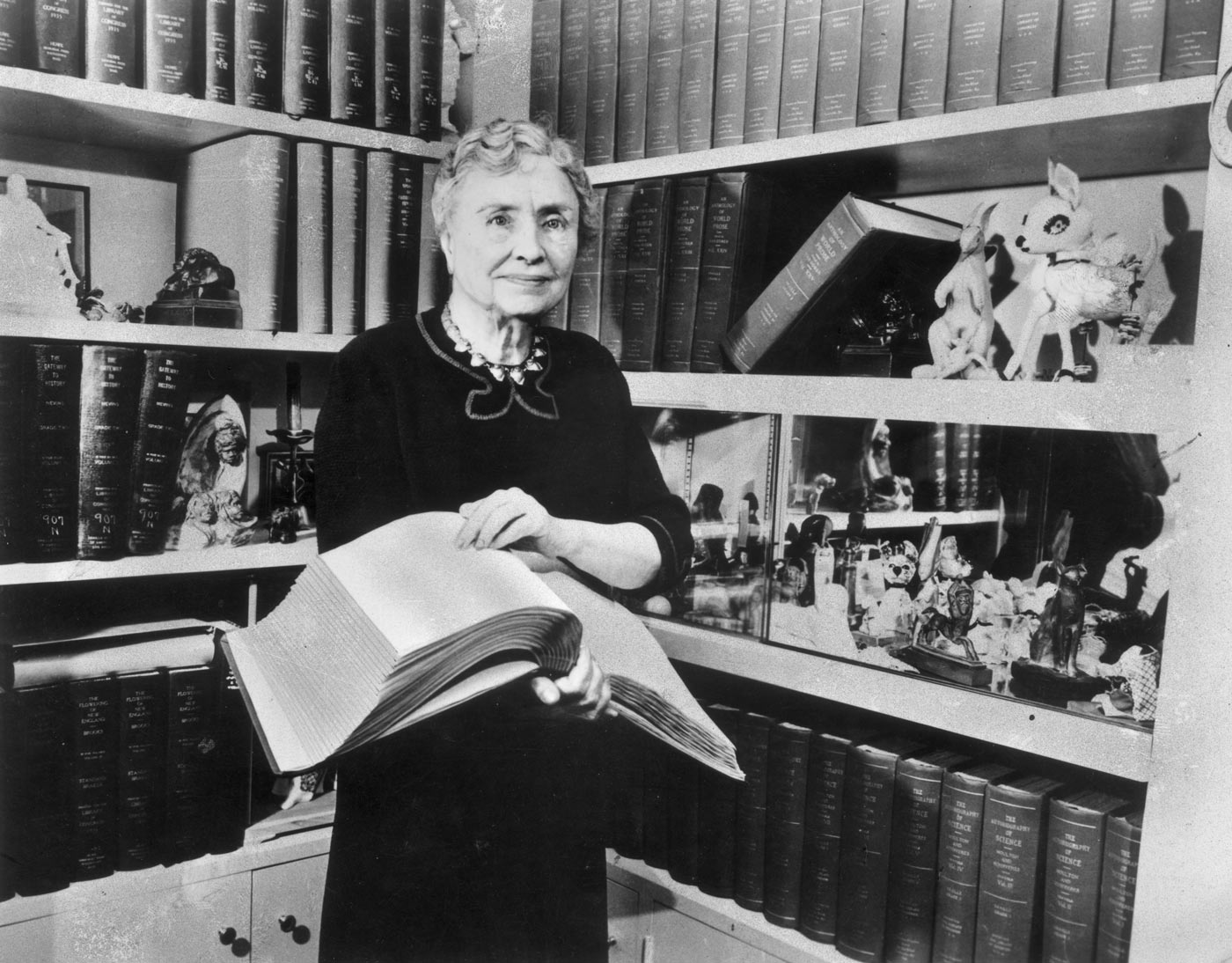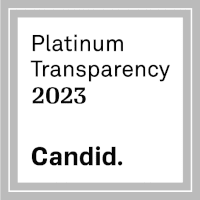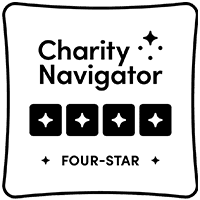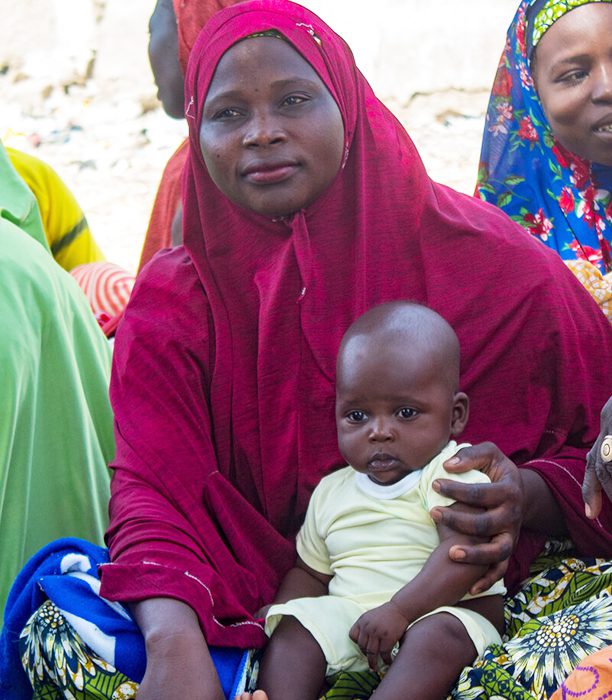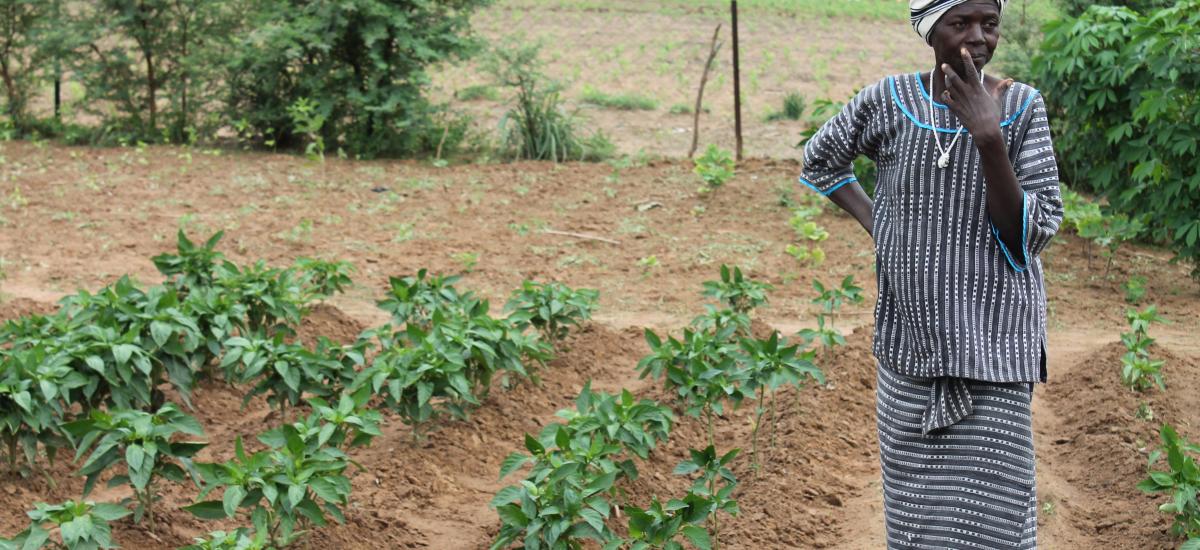
Homegrown Nutrition Works in Burkina Faso
Washington, D.C.—A recent study out of Burkina Faso shows that integrating nutrition and health education and women’s empowerment interventions into an agriculture program, if well-designed and run, can improve child and maternal undernutrition in a relatively short time period. The rigorous study—the first of its kind—could lead to substantive changes in how countries, organizations, and individuals harness the potential of agricultural programs to improve people’s nutrition and health.
Researchers from the International Food Policy Research Institute (IFPRI) were the first to use the gold-standard in evaluation—a cluster randomized controlled trial—to see if a well-designed integrated nutrition and agriculture program could improve mother’s and children’s health and nutrition. And it did.
The program was the Enhanced-Homestead Food Production (EHFP) program, developed by Helen Keller International (HKI) over 25 years ago to combat malnutrition in women and young children. In Burkina Faso, the program established community gardens and provided seeds, tools, and knowledge about good agricultural, health, hygiene and nutrition practices to mothers with young children (3-12 months old).
The need for a program like this in Burkina Faso is enormous. A shocking 90 percent of children under five are anemic—the highest rate in the world. Wasting among children and underweight among women are also common problems in the country. While nutrition and health programs do exist in Burkina Faso, they have yet to demonstrate a sustainable impact on the most undernourished populations. Given the multiple causes of child and maternal undernutrition, multisectoral programs that address as many causes as possible, like HKI’s EHFP, are critical.
“Almost all children in Burkina Faso are anemic and many are also stunted and/or wasted. Too many programs are unable to provide the substantive, sustainable change that this population so desperately needs,” said Deanna Olney, senior research fellow at IFPRI and one of the authors of the studies.
Recognizing the need to rigorously evaluate their programs, HKI turned to IFPRI to conduct an independent evaluation of their EHFP program in Burkina Faso. A grant from the U.S. Agency for International Development provided an opportunity, for the first time, to assess program impact using the most rigorous evaluation design, and to adapt the program model to the challenges of the West African Sahel.
In just two years, the program reduced underweight in mothers and increased their ownership of productive assets, their social status, and their role in household decision-making compared to women who were not enrolled in the program. Their infants also benefited: the prevalence of anemia in infants aged 3-6 months decreased by 15 percentage points. Among children 3-12 months, the prevalence of wasting (being too thin) decreased by 9 percentage points; and diarrhea (which can lead to wasting and death in extreme cases) reduced by up to 16 percentage points. These results are important because up until now, there has been no convincing evidence that integrated agriculture and nutrition programs like this one benefited the health and nutritional status of women or children. This study provides that evidence.
These results demonstrate that mothers and their children can become healthier and better nourished from well-designed programs like this one, and it is entirely possible to see results like this replicated in other countries with similarly alarming undernutrition rates.
“HKI is committed to contributing to the evidence base of what program approaches really do make a difference for the lives of the most vulnerable and disadvantaged,” said Tom van Mourik, regional coordinator for Creating Homestead Agriculture for Nutrition and Gender Equity (CHANGE) at Helen Keller International. “Implementing such a complex program as a randomized controlled trial is enormously challenging, but necessary if we want to advance in the fight against malnutrition. In this effort we consider IFPRI a lead organization for quality impact evaluation research and an essential partner.”
The good news is, this work has continued since the initial program. Building on this platform, HKI and IFPRI received funding from Global Affairs Canada to further improve the program in Burkina Faso and evaluated whether including additional health and nutrition interventions increases the EHFP program’s impact on health and nutrition outcomes and to adapt the model for other settings in Africa. The Creating Homestead Agriculture for Nutrition and Gender Equity (CHANGE) project which ends in 2016 will generate even more evidence about how HKI’s EHFP program impacts the well-being of smallholder farmers in one of the world’s poorest continents.
![]()
